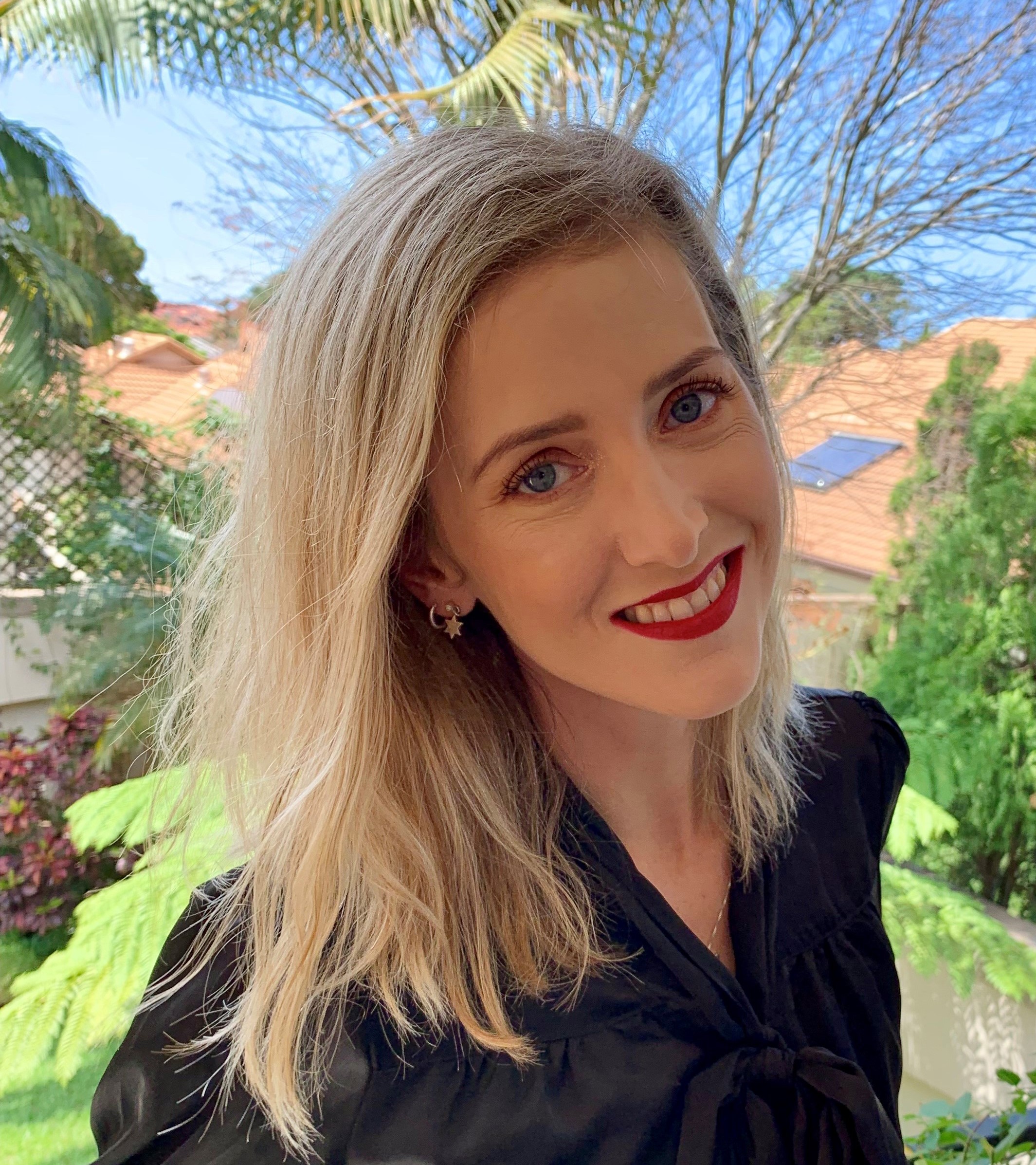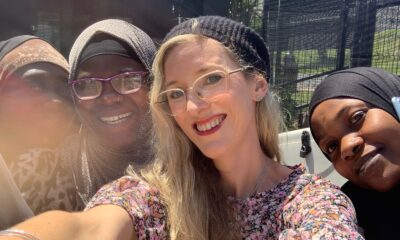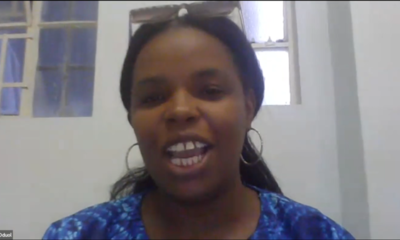
OpEds

Faith-based groups on frontline of refugee response
Humanity and dignity. These two concepts need to be at the heart of all our dealings with the refugee, asylum seeker, and migrant communities. They were the focus of discussions at the “Welcoming the stranger, shaping the future” conference held in Geneva, Switzerland, to mark World Refugee Day 2022.
Hosted by The Lutheran World Federation, Islamic Relief Worldwide, and HIAS, the Jewish humanitarian organisation working with refugees and asylum seekers, I was privileged to be invited to this two-day gathering that brought together more than 50 faith leaders and activists from more than 37 countries around the world to share best practices and challenges in today’s difficult global context. The conference aimed to support faith-based organisations, strengthen partnerships between grassroots groups and the international humanitarian system, and to highlight the work being done by faith-based actors to contribute to a more co-ordinated international refugee response.
While I was in Geneva, the United Nations High Commissioner for Refugees announced that more than 100 million people were displaced around the world, the highest number in recorded history. These people, whose number has increased steadily every year over the past decade, have been forced to flee their homes and seek safety from war, violence, and persecution. The vast majority find shelter in neighbouring countries which are often developing nations, facing their own challenges with poverty, structural inequality, and the provision of basic services and resources to local populations.
The meeting discussed the ways in which “welcoming the stranger” is weaved through the Jewish, Christian, and Islamic traditions. Professor Abdul Mu’ti, the secretary general of the Central Board of Muhammadiyah, an educational non-governmental organisation in Indonesia, insisted that Islam commands Muslims to be people of peace and protect all those in need, especially the most vulnerable. The chief rabbi of Poland, Michael Schudrich, spoke of the experience of his community over the past few months, providing support to millions of Ukrainian refugees fleeing Russian attacks. Polish Jewry had gone from being refugees to becoming those who are “learning how to give to others in need”. German Bishop Heinrich Bedford-Strohm of the Evangelical Lutheran Church in Bavaria reflected that the Hebrew Bible stresses that the duty to protect immigrants derives from the experience of the people of Israel who “were strangers in the land of Egypt”.
“This isn’t an imposed law, but something that comes from the heart, from knowing how it feels to be looking for a safe harbour,” he said.
In this way, “welcoming the stranger” is a moral imperative, motivating local faith actors across the globe to dedicate themselves to the needs of vulnerable refugee communities.
Although faith has historically been a source of persecution and division, it can also be a solution to the crisis. Faith-based agencies are often already on the ground when a humanitarian crisis breaks out, and remain long after the international humanitarian organisations leave. They provide practical and psychosocial support, and religion can facilitate trauma healing and resilience in the face of stress and hardship. Faith leaders can play a major role in building social cohesion and acceptance of refugees, asylum seekers, and migrants, tackle xenophobia and hate in all its forms, and promote durable solutions not only to the displacement crisis, but the root causes of conflict.
The need to include refugees as protagonists in addressing displacement was stressed by many participants at the conference, who also called for increased interfaith advocacy and awareness, greater faith literacy between secular and religious organisations, more financing for local groups, and increased education about refugee protection in the different religious traditions.
Synagogues, churches, and mosques can be used as “places of encounter”, where refugee and local communities can learn more about each other’s heritage and share art, food, music, and sport. This exchange is an effective tool to combat fear, ignorance, and hostility towards immigrants, and allows refugees and asylum seekers to better understand and integrate into their host country.
“Faith matters to the people we are working with, allowing them to survive and thrive”, said HIAS Chief Executive Mark Hetfield, “so we have to stop pretending that faith doesn’t matter. Our commitment is to make sure that we use faith as a force for good”.
In South Africa, faith groups have often been at the forefront of the fight against xenophobia, responding alongside civil society in the wake of the 2008 xenophobic riots and again in 2015 when refugees, asylum seekers, and migrants were killed in the streets simply for being “outsiders”. The South African Jewish Board of Deputies was part of the formation of the Hate Crimes Working Group, a multisectoral network of non-governmental advocacy for hate crimes awareness and legislation, and other humanitarian and long-term policy focused initiatives work daily to combat hate and assist those affected. Sadly, the current wave of hateful rhetoric against refugees in our country is building, with violent vigilante movements such as Operation Dudula threatening to further damage our fragile nation-building. We need to do all we can to halt the march of this hatred.
The challenge of “welcoming the stranger” can seem overwhelming in the face of the sheer scale of the unfolding crises in places like Ukraine, Syria, Venezuela, Ethiopia, and even on our own doorstep in Zimbabwe. As Jews, it’s not up to us to solve all the world’s problems, but we cannot desist from trying to make a difference in the lives of those around us. We must find ways of transforming our faith from liturgies and texts into action, putting the Jewish concepts of tikkun olam and tzedakah into practice. As we reflect on what we can do to help those around us, let’s draw on our rich faith traditions to inspire us to be more empathetic, generous, and open-hearted to those seeking shelter, and to stand up for real change to make our world a more just and caring one.
- Alana Baranov is a writer and the political and social justice liaison for the South African Jewish Board of Deputies. She’s a steering committee member of the Hate Crimes Working Group as well as the World Jewish Congress’ Jewish Diplomatic Corps.










